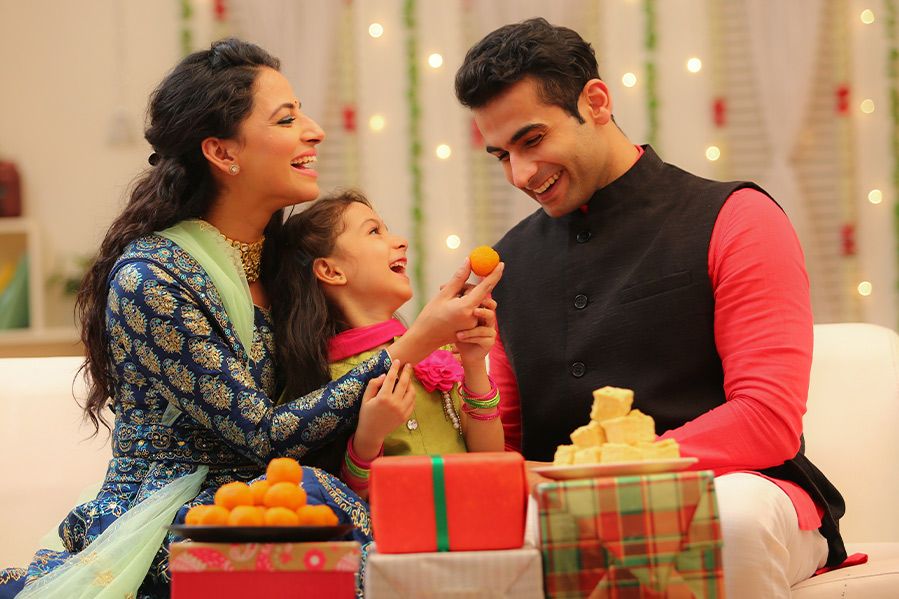
Rituals and observances are at the heart of many cultures and religions. Whether they are held in honor of those who have gone before or to mark a particular season of gratitude, these fall celebrations carry significant meaning for those who partake in them.
Buddhist Festival Pchum Ben
Pchum Ben is a time for Cambodian Buddhists to honor those who have passed on. They prepare food offerings for their ancestors. The festival lasts for 15 days. On the final day, people travel to meet at the pagoda where spirits are believed to congregate to receive blessings from their living relatives.
Jewish Holiday Yom Kippur
The ten days following Rosh Hashanah end in a day of prayer and fasting called Yom Kippur. This is a time of repentance for those who practice Judaism, and observers abstain from work and food from sunrise to sunset and may attend prayer services throughout the day, wearing the customary white that symbolizes purity. A large meal is shared on the eve of Yom Kippur and again after the fast period has ended.
Chinese Moon Festival
The Mid-Autumn Festival is a series of fall celebrations in many Asian countries to express gratitude and enjoy the bounty of the harvest. In China, it is often called the Moon Festival in honor of the goddess of the moon. Families gather to share treats and small gifts, especially mooncakes and other harvest snacks.
Fall Celebrations in Germany
What started as a royal wedding celebration has become the annual celebration known as Oktoberfest. While there are festivals held throughout the world, the official event takes place in Munich and lasts approximately two weeks every fall. Attendees can expect great food, plentiful beer, live music and parades, and they are encouraged to wear the traditional dirndl or lederhosen.
Hindu Diwali Festival
Diwali is a celebration of the triumph of good over evil observed by those who practice Hinduism, Jainism and Sikhism. It takes place in November and is commonly known as the Festival of Lights. Several traditions occur over the course of the five-day festival:
- Cleaning house in preparation
- Exchanging gifts for the home, particularly kitchen items
- Lighting candles and lanterns inside and outside the home to welcome health and good fortune
- Feasting
- Enjoying firework displays
Celtic Tradition Samhain
Samhain is the Gaelic tradition that is considered the root of both Halloween and the Christian observance of All Saints Day. The name means the end of summer and marks the beginning of the cold season and honors the dead. Different cultures may call it by their own names, but celebrations often share some similar characteristics. It is a time for observers to be in nature, gather around a bonfire, reflect on the lives of those who have gone before them and connect with their communities.
Día de los Muertos
Other cultures have fall celebrations to honor the deceased. Día de los Muertos is observed in Mexico and in other places where those of Mexican descent have migrated. It is believed that the living and the dead are able to communicate with each other on this day. Altars called ofrendas are set up to give offerings to the dead and may include candles, photos, food and water, marigolds or other appropriate flowers and decorations. Tamales, sweet rolls, and sugar skulls are often shared or gifted as part of the day. Families may also visit the gravesites of relatives.
These are just a few of the many fall celebrations that occur throughout the world. Regardless of where you live or what culture or religion you are a part of, there are likely a number of festivals or rituals you can observe.


0 comments